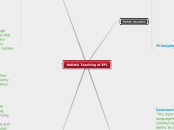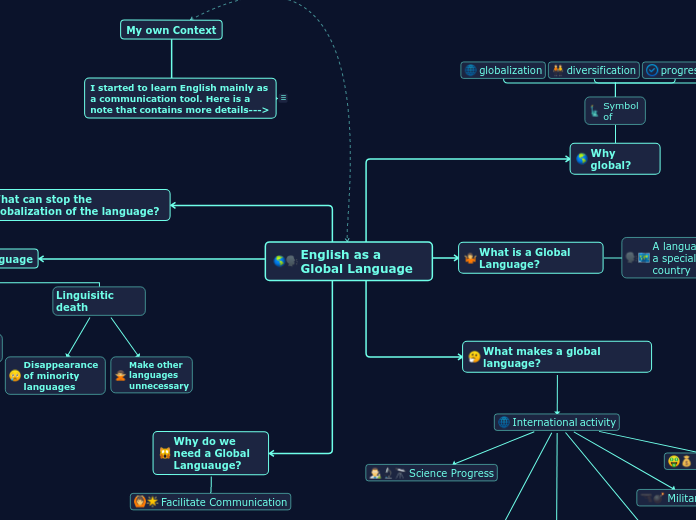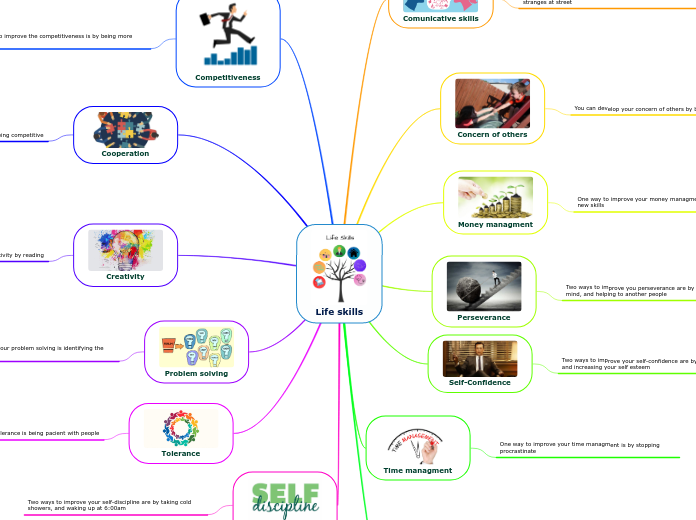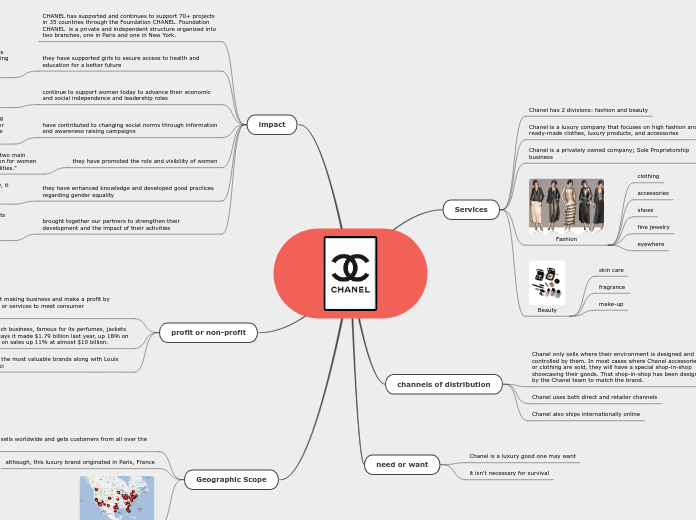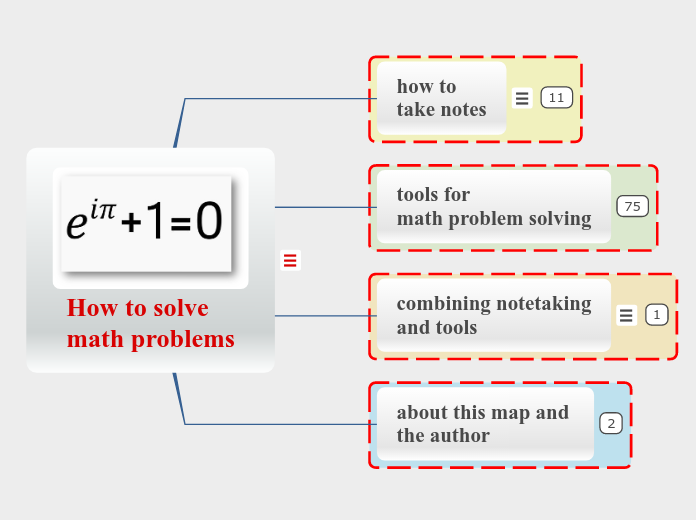por Paula Izquierdo hace 11 años
451
Holistic Teaching of EFL
Holistic education emphasizes a comprehensive approach to teaching English as a Foreign Language (EFL), focusing on the development of both students and teachers. Students are encouraged to understand themselves, manage their emotions, and engage creatively with their learning processes.
